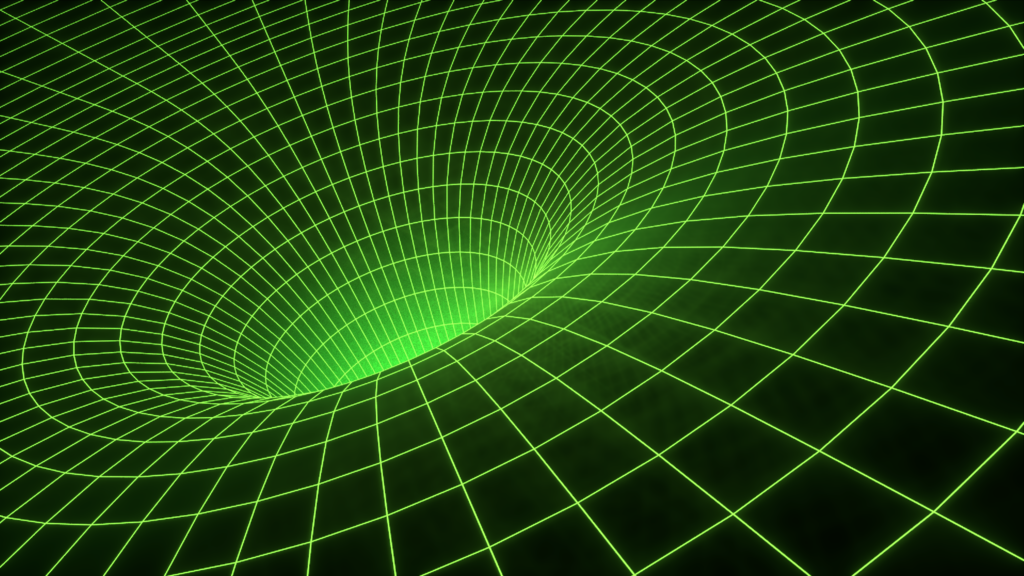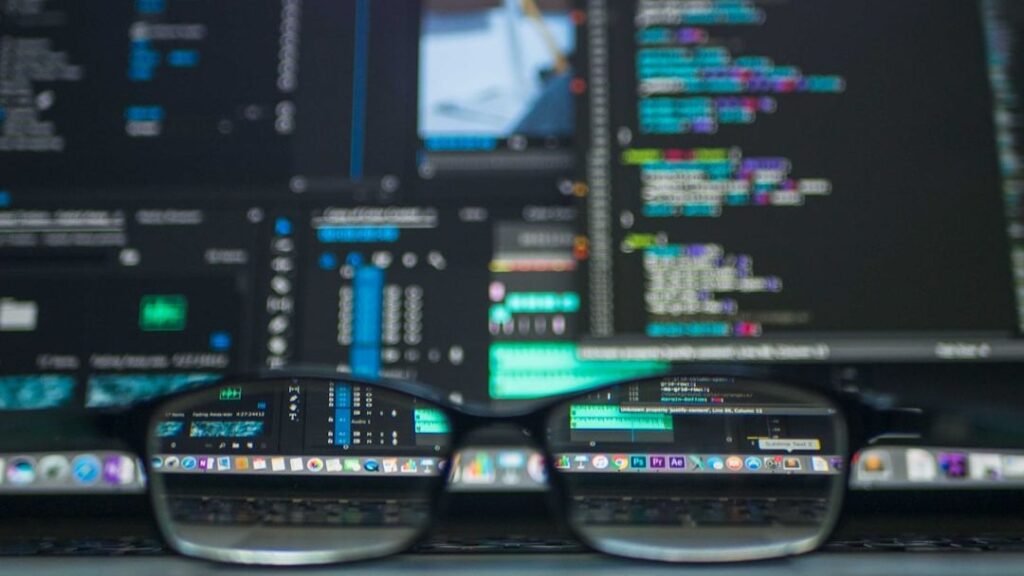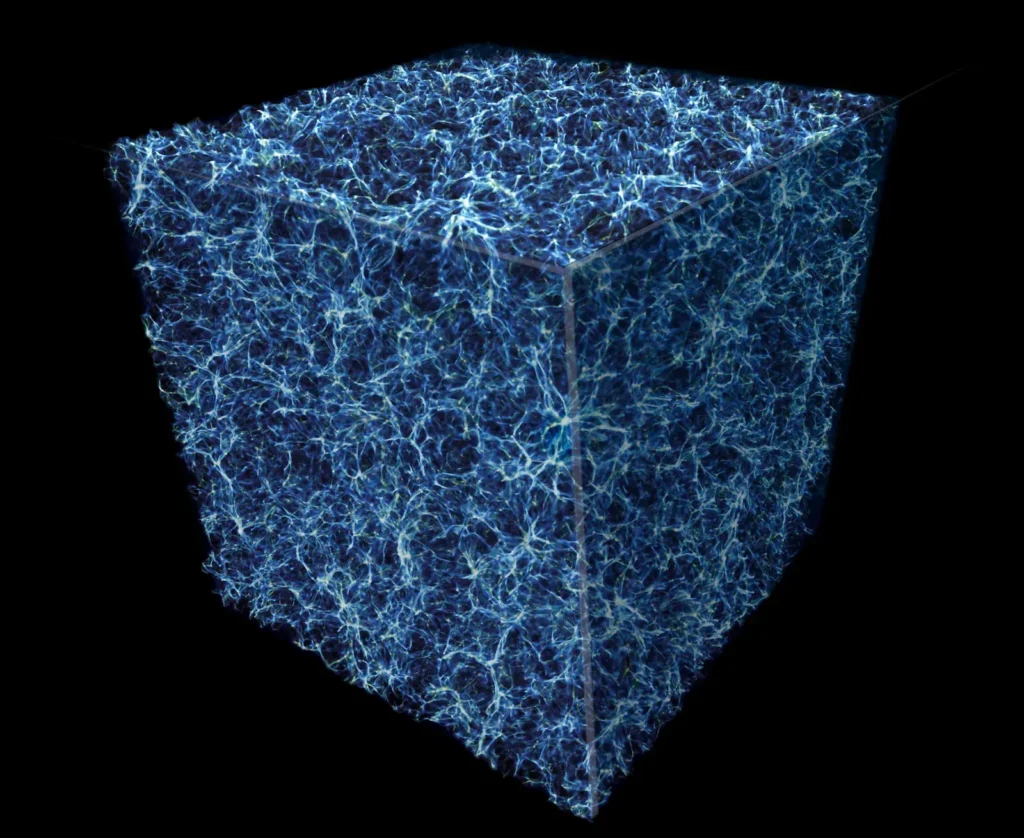Gravity has been recognized to be one of the fundamental forces of nature for a long time and is a subtle pull that keeps galaxies from separation and planets orbiting. But what if it’s not a force? What if gravity is just an effect of something more bizarre that is the universe operating as a highly advanced computer simulation?
This radical idea isn’t just science fiction. In a growing number of cases, scientists are researching the idea that reality could be a digital representation that is controlled by informational rules rather than conventional physical physics. If they’re correct, gravity may be just an algorithmic trick of cosmic optimization, a way for the universe to compress data, and run more efficiently.
The Second Law of Infodynamics: A New Rule for Reality?
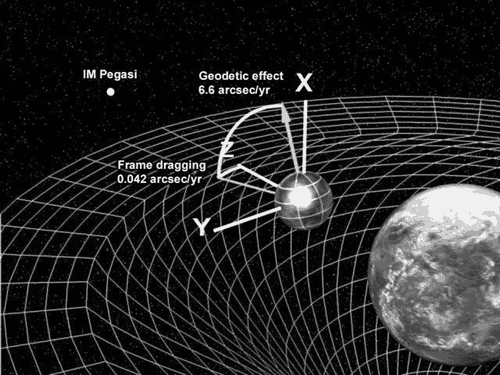
Physics professor Melvin Vopson put out a surprising theory in 2023: gravity could be an emerging aspect of processing information instead of a fundamental force. The paper was published in AIP Advances, his work introduces Infodynamics’ second law, the theory that states the fact that within a closed system, information disorder in entropy must either diminish or increase.
This is in direct contradiction with the law that thermodynamics has a second in which physical entropy disorder is always increasing. According to the law of Vopson, our universe functions as a system that constantly changes its structure to decrease informational complexity, rather than being chaotic particles.
Why does this matter?
- Should information entropy naturally drop, the universe might be optimizing itself much as a computer compresses data to conserve memory.
- From this perspective, gravity is the universe organizing its data storage by grouping matter rather than drawing objects together.
Coffee, Entropy, and the Hidden Code of Reality
Consider a hot cup of coffee cooling to grasp this. Thermodynamically, the energy spreads until the coffee reaches maximum entropy in room temperature. From an informational standpoint, though, something else occurs:
- Hot coffee corresponds to high information entropy since molecules have different energies and hence unique “data points”.
- Low information entropy (molecules settle into like states, becoming repetitive and predictable) results from cooled coffee.
Apply this then to the universe. Tracking the positions of matter scattered randomly calls for enormous volumes of data. But the data compresses like zipping a file when gravity pulls matter into planets, stars, and galaxies.
Consequently, the implication is Gravity may be a computational shortcut, a means for the universe to lighten its processing load rather than a force.
Pixelated Space: Is the Universe Made of “Information Cells”?

Should the universe be a simulation, space itself might not be smooth and continuous. Rather, it might be composed of individual information cells, microscopic data bits akin to pixels in a digital image.
- Every cell has fundamental information about a particle’s location.
- The system lowers the unique data points when matter clusters together (by gravity), so simplifying the “code” of the universe.
This fits ideas in quantum gravity, which propose spacetime may be granular at the smallest sizes. If such is the case, gravity could be an illusion as a result of more complex computational principles.
Newton’s Gravity as a Software Glitch
Vopson’s most striking claim? His calculations show that the “informational force” produced by data compression exactly matches Newton’s law of gravitation.
- In a simulated universe, efficiency would be prioritized.
- Gravity-like behavior would naturally arise from data optimization.
This doesn’t just explain gravity it suggests that all physical laws might be byproducts of an underlying code.
Are We Living in a Cosmic Computer?
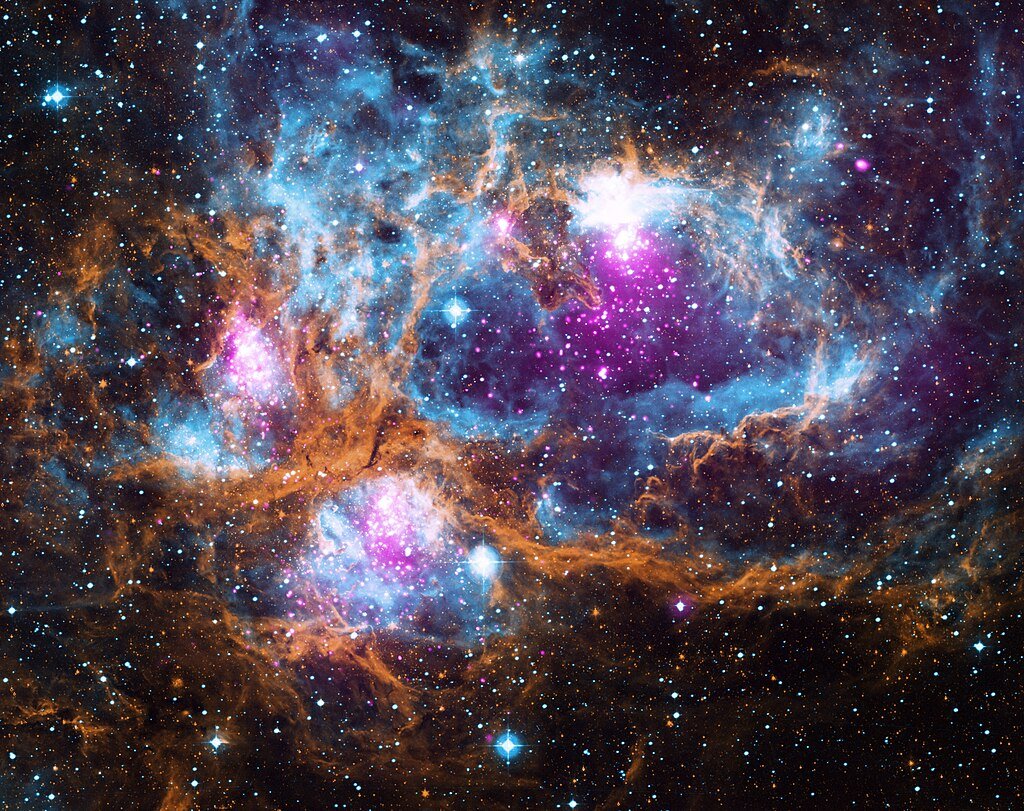
The simulation hypothesis isn’t new. Philosopher Nick Bostrom famously argued there’s a high statistical probability we’re in a simulation. But Vopson’s work provides something more: a testable mechanism.
Evidence that the universe acts like a simulation:
- Mathematical perfection : Physical laws follow precise equations, as if programmed.
- Pixelation at quantum scales : Space and time may be discrete, not continuous.
- Optimization tendencies : Systems evolve toward simplicity, like efficient software.
Of course, this doesn’t prove we’re in a simulation but it makes the idea harder to dismiss.
What If We Could “Hack” Reality?
Should the universe operate on code, could we one day control it? Some futurists speculate that advanced civilizations might use these rules changing gravity, rewriting physics, or perhaps even accessing the “source code” of life.
Right now, this is just theoretical. But the distinction between science and science fiction gets thinner as we find more connections between information theory and physics.
Conclusion: A New Frontier in Physics Or a Cosmic Conspiracy?
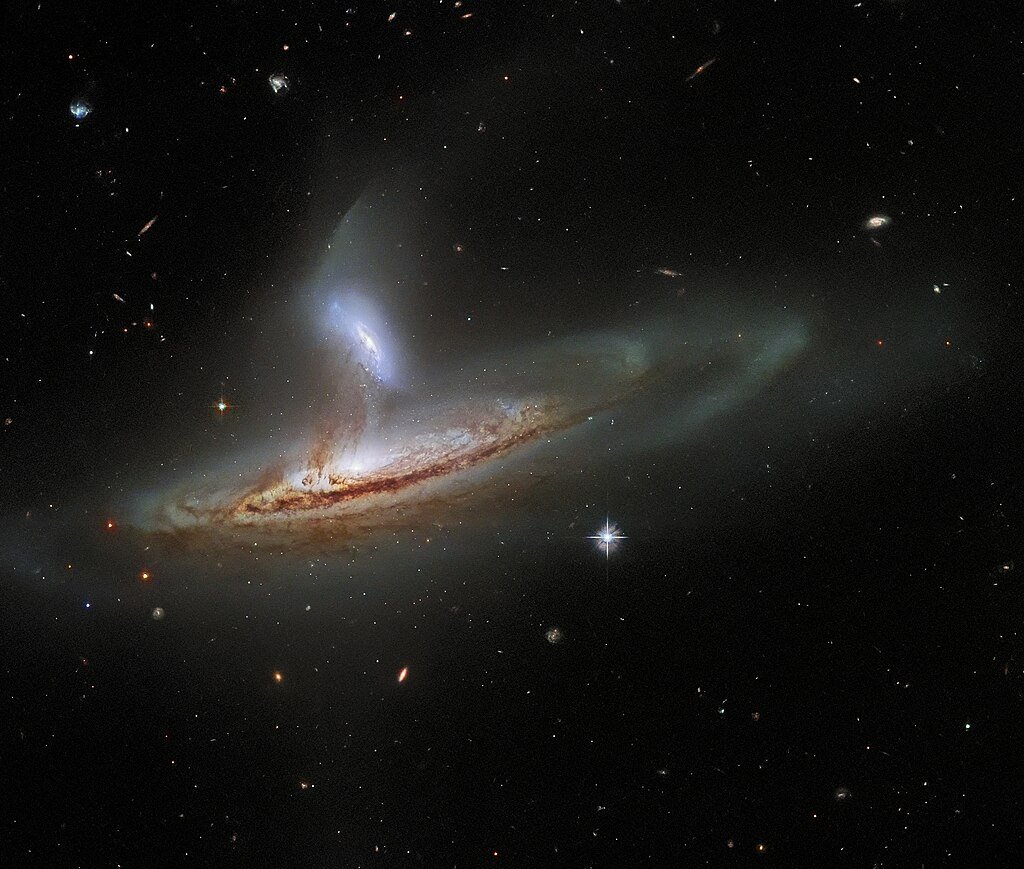
Gravity has always been a mystery. But if Vopson’s theory holds, it may not be a force at all, just a side effect of the universe cleaning up its data. Whether we’re living in a simulation or not, one thing is clear: reality is far stranger than we ever imagined.
And if we are just lines of code in some grand cosmic program? Well, at least the programmer gave us coffee.
Sources:

Suhail Ahmed is a passionate digital professional and nature enthusiast with over 8 years of experience in content strategy, SEO, web development, and digital operations. Alongside his freelance journey, Suhail actively contributes to nature and wildlife platforms like Discover Wildlife, where he channels his curiosity for the planet into engaging, educational storytelling.
With a strong background in managing digital ecosystems — from ecommerce stores and WordPress websites to social media and automation — Suhail merges technical precision with creative insight. His content reflects a rare balance: SEO-friendly yet deeply human, data-informed yet emotionally resonant.
Driven by a love for discovery and storytelling, Suhail believes in using digital platforms to amplify causes that matter — especially those protecting Earth’s biodiversity and inspiring sustainable living. Whether he’s managing online projects or crafting wildlife content, his goal remains the same: to inform, inspire, and leave a positive digital footprint.

